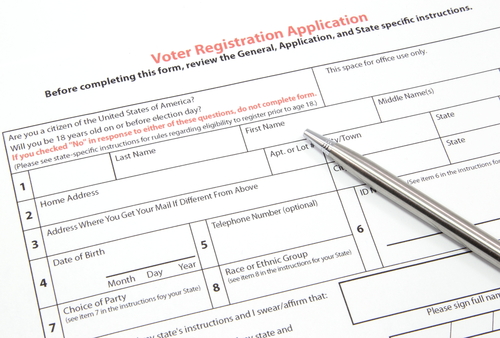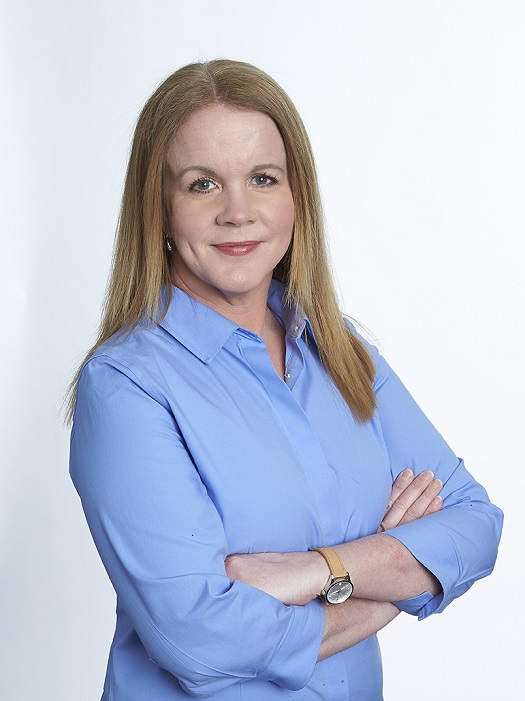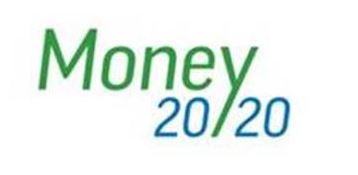All posts by Editor

 In a recent report, the Consumer Financial Protection Bureau (CFPB) estimated that there are more than 45 million American consumers that are “credit invisible,” meaning that they either have no credit history or a credit file too thin to receive access to mainstream credit products.
This limits their ability to get an affordable loan for a car, realize the dream of homeownership or even restricts access to capital to start a small business. More frequently, a lack of credit history forces consumers to turn to more expensive, short term lending options.
While credit invisibles may not have a traditional credit history, many make their cable, utility and mobile phone payments on time. However, this on-time payment data is not being included in their credit file.
In a recent report, the Consumer Financial Protection Bureau (CFPB) estimated that there are more than 45 million American consumers that are “credit invisible,” meaning that they either have no credit history or a credit file too thin to receive access to mainstream credit products.
This limits their ability to get an affordable loan for a car, realize the dream of homeownership or even restricts access to capital to start a small business. More frequently, a lack of credit history forces consumers to turn to more expensive, short term lending options.
While credit invisibles may not have a traditional credit history, many make their cable, utility and mobile phone payments on time. However, this on-time payment data is not being included in their credit file.

 On Nov. 8, 2016, citizens across the country will flock to polling stations to cast their votes for the 45th President of the United States. Until then, however, you can expect to hear a number of candidates offer their views on a plethora of political issues over the next year, including small business.
On Nov. 8, 2016, citizens across the country will flock to polling stations to cast their votes for the 45th President of the United States. Until then, however, you can expect to hear a number of candidates offer their views on a plethora of political issues over the next year, including small business.

 Small Business Saturday is just around the corner, and as it approaches there are a growing number of advertising campaigns encouraging consumers to forego the big box retailers in favor of shopping local.
As a supporter of my own neighborhood small businesses, I can appreciate the effort. After all, the success of small businesses is what really drives our economy forward. Not only do they provide employment opportunities for those in the community, but small businesses often bring a level of innovation and can stimulate growth.
Small Business Saturday is just around the corner, and as it approaches there are a growing number of advertising campaigns encouraging consumers to forego the big box retailers in favor of shopping local.
As a supporter of my own neighborhood small businesses, I can appreciate the effort. After all, the success of small businesses is what really drives our economy forward. Not only do they provide employment opportunities for those in the community, but small businesses often bring a level of innovation and can stimulate growth.

 The Movember Foundation launches its first mobile messaging program powered by The Experian Marketing Suite to raise awareness for men’s health.
The Movember Foundation launches its first mobile messaging program powered by The Experian Marketing Suite to raise awareness for men’s health.

 It was only a few months ago when millennials officially surpassed baby boomers to become the largest living generation. Since millennials are so numerous, it stands to reason, that they could also become the most prevalent population of small business owners in the U.S. As a matter of fact, everyday there are hundreds of new start-ups being created by this younger demographic.
It was only a few months ago when millennials officially surpassed baby boomers to become the largest living generation. Since millennials are so numerous, it stands to reason, that they could also become the most prevalent population of small business owners in the U.S. As a matter of fact, everyday there are hundreds of new start-ups being created by this younger demographic.

 The appetite and need for data within businesses is continuing to grow at a rapid pace. Organizations are viewing data as a strategic asset and using analytical insights for everything from key business decisions, to the customer experience and more.
However, the methods for managing first-party data and ensuring it’s accuracy have not kept pace with the growing data demand. The majority of businesses today are still relying on siloed, departmental strategies for data management that have little data governance or consistency in terms of people, processes, and technology.
The appetite and need for data within businesses is continuing to grow at a rapid pace. Organizations are viewing data as a strategic asset and using analytical insights for everything from key business decisions, to the customer experience and more.
However, the methods for managing first-party data and ensuring it’s accuracy have not kept pace with the growing data demand. The majority of businesses today are still relying on siloed, departmental strategies for data management that have little data governance or consistency in terms of people, processes, and technology.


 I am part of a community that completely energizes me, makes me believe that there are good people in the world and that makes me want to be better. Over the course of four days in September, my co-workers and I were transported into the world of self-proclaimed “money media nerds” at FinCon, the Financial Influencers conference, where people share thoughts, best practices and update one another on the latest trends. FinCon is THE annual event for the financial media community.
I am part of a community that completely energizes me, makes me believe that there are good people in the world and that makes me want to be better. Over the course of four days in September, my co-workers and I were transported into the world of self-proclaimed “money media nerds” at FinCon, the Financial Influencers conference, where people share thoughts, best practices and update one another on the latest trends. FinCon is THE annual event for the financial media community.

 For those of you attending the Money 20/20 show in Las Vegas next week, billed as the largest global event focused on payments and financial services innovation, the topic of millennials will be top of mind. Why? Because the millenials are 75 million strong, even surpassing the Baby Boomers, and the financial services industry knows that future success depends on learning what matters to millennials and building products and services around those desires. This is true for both consumer lending and small business lending for budding entrepreneurs.
For those of you attending the Money 20/20 show in Las Vegas next week, billed as the largest global event focused on payments and financial services innovation, the topic of millennials will be top of mind. Why? Because the millenials are 75 million strong, even surpassing the Baby Boomers, and the financial services industry knows that future success depends on learning what matters to millennials and building products and services around those desires. This is true for both consumer lending and small business lending for budding entrepreneurs.